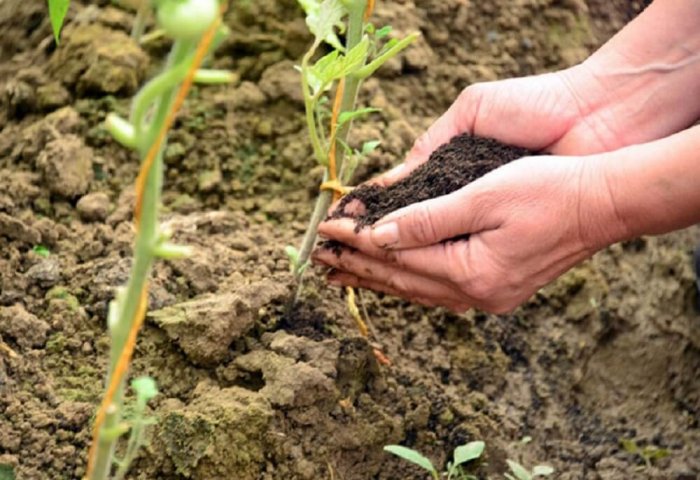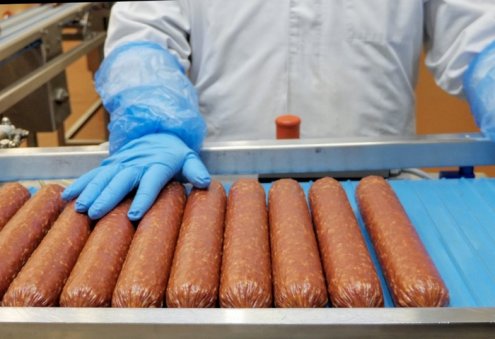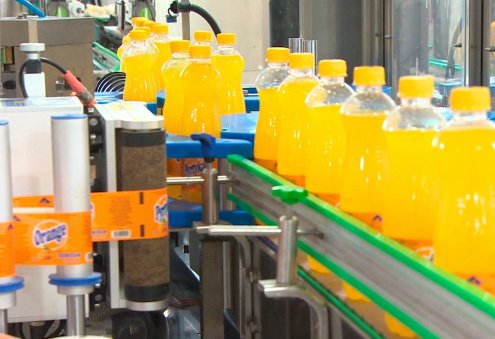Turkmen entrepreneur Bashim Bekiyev has prepared more than 400 tons of vermicompost (biohumus) for sale. At his farm, located in Gokdepe etrap of Ahal velayat, he introduced an agrobiological technology for processing organic substrates into eco-friendly fertilizers, the country’s official media reported on Friday.
"The production of vermicompost is carried out according to the technical conditions developed by me, in accordance with the obtained certificates of production safety and quality standards for such products," Bashim Bekiyev said.
In the production of the universal fertilizer, the businessman uses California tiger worms. The entrepreneur has about 400 tons of these worms, which were bred in the course of long-term selection by the founders of vermite technologies in the United States. Compost worms contain beneficial enzymes, which allows them to be added as a protein component to feed for farm animals and poultry, according to the report.
The producer certified his products and, after testing procedures, received and sold more than 300 tons of commercial vermicompost. He noted that if at least 70 hectares of land allotted for potatoes are fertilized with his biohumus, the yield of tubers can amount to 50 tons per hectare.
Bashim Bekiyev has been working in this area for 4 years. Among his customers are state and private enterprises, farmers and individuals. Due to the increasing number of interesting parties in purchasing his fertilizers, the manufacturer is currently working to expand production. To this end, he placed order for special equipment – a separator for the preparation of raw materials and a vermicompost granulator. The Turkmen entrepreneur expects to increase output to 1000 tons per year.
The production and use of vermicompost in horticulture and vegetable growing is a promising direction. The use of agricultural by-products will help maintain the resource balance, optimize costs and increase agricultural production without damaging the environment.


















